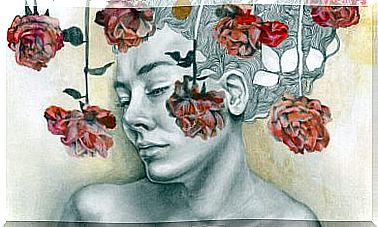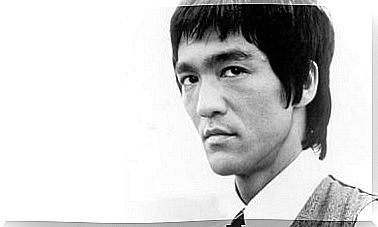Bioethics: The Importance Of The Doctor-patient Relationship

Bioethics refers directly to the dignity of the person, to respect for the human being and their rights. How many times have we gone to the doctor and left there feeling that they weren’t really listening to us? Who has not missed some affection in a time as complicated as the diagnosis?
Well, a part of bioethics is in charge of studying these issues. And not only to subject them to study, but also to try to find an effective solution that can satisfy both the patient and the person who cares for them. Bioethics cannot be understood without encompassing both parts of the doctor-patient relationship.
The four fundamental principles of bioethics
The four fundamental principles of bioethics would be the following:
- Principle of autonomy : it consists of respecting the right of each patient to decide for himself and about his illness. The doctor must respect the values and preferences that the patient has. One of the important parts of this principle is to give all the information that the patient asks for, without hiding anything. And in the same way, if the patient prefers not to know certain pieces of information, follow his wishes.
- Principle of non-maleficiency : try not to aggravate the problem with which the patient comes to consultation. In the medical environment, therefore, one should try to stay up-to-date on the most effective and least painful treatments; the objective is that the patient does not have to go through unnecessary suffering. On the other hand, the patient is not a subject to experiment with, therefore, if the specialist does not know how to apply the treatment he needs, what bioethics recommends is that he be referred to another specialist.
- Benefit principle : directly related to the previous principle. The principle of charity is not exempt from criticism, as it promotes the best for the patient without counting on him. It is understood that the specialist is the one who has studied and knows what is best at all times, but this affects the principle of autonomy.
- Principle of justice : according to this principle, the doctor must take into account the resources of each patient (economic, cultural, social) to act based on them. It is about understanding that not all patients are the same and treating them in the same way would be unfair. In other words, the ideal would be to treat the equals equal and the unequal ones unequal.

Bioethics according to Ramón Bayés
Ramón Bayés, a psycho-oncologist and professor of Basic Psychology at the Autonomous University of Barcelona, has dedicated part of his professional career to studying how this doctor-patient relationship could be improved. He has tried to show that it is possible to continue helping the sick when medicine can no longer do more for him. And he never tires of repeating that patients are people: much more than the disease they may suffer from.
Bayés relates in a certain bioethics journal how one of the most effective and general solutions to any patient’s problem can simply be active listening. In 2007 a clinical trial was carried out in which an attempt was made to demonstrate the effects of clinical listening. To do this, the starting point was a situation in which the news of “disconnecting” the patient had to be communicated because no more could be done for him.
In this study, half of the medical staff were asked to act as they normally did, and the other half were asked to follow a specific protocol. This protocol basically consisted of listening more and talking less. The results showed a difference of ten minutes between one method and another. After one month, some relatives and others were evaluated, and significant differences were observed.
Bioethics versus Alternative Medicine
One of the most serious dangers that we run as a society when the relationship between medical personnel and the patient is not good is that the patient turns to other methods that can alleviate their anxiety or worry. If a doctor does not stop to listen to the patient or his relatives and limits himself to giving information, there is a certain “pain of the soul” unresolved.
Given this, it is not uncommon for patients to become interested in alternative medicines. The problem comes when they stop being carried in a complementary way with medical treatment. If the protocol that our doctor has recommended is abandoned, alternative medicine becomes a health risk.










